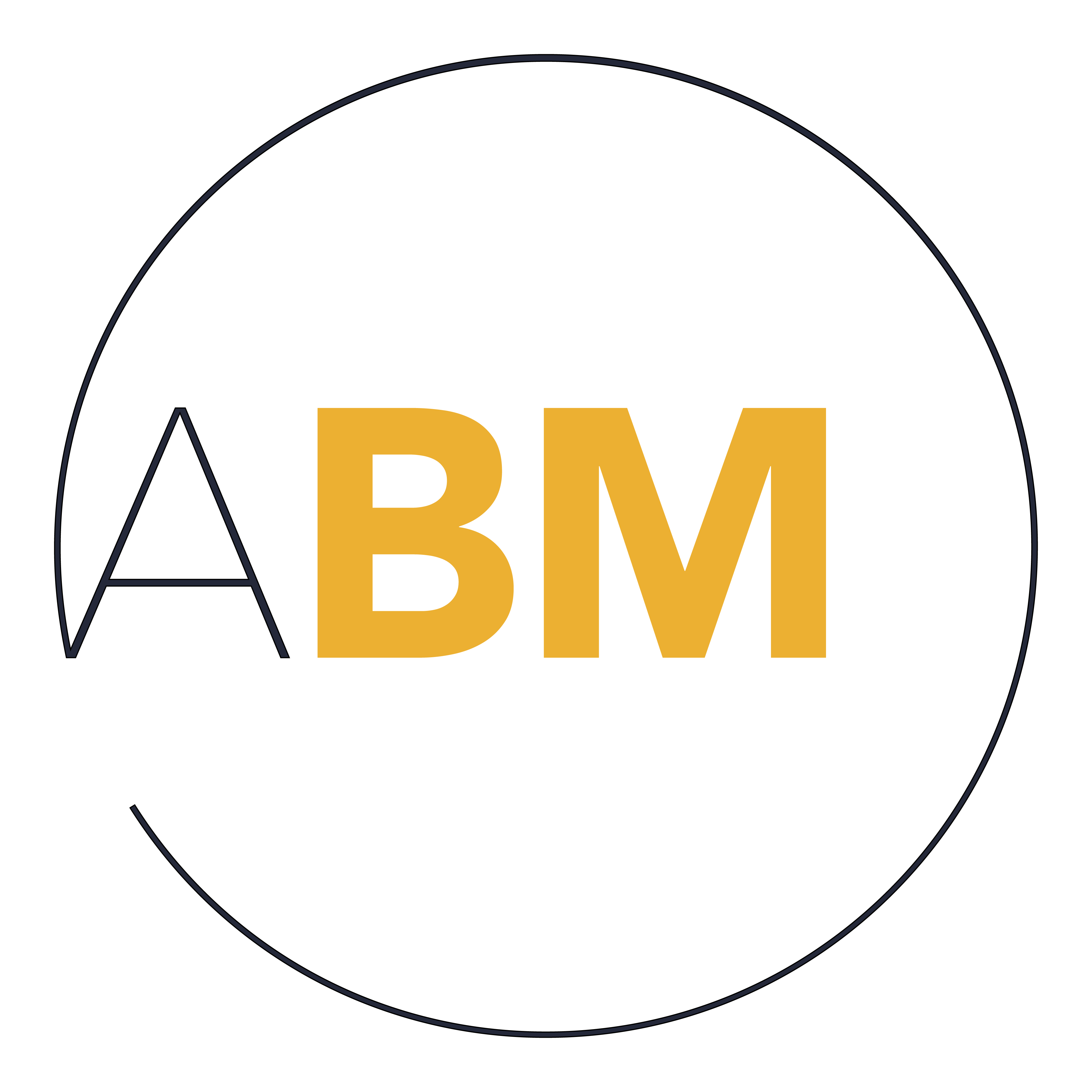ABM affirms breastfeeding beyond infancy as the biological norm
New Rochelle, NY, May 15, 2012—Time Magazine’s provocative cover photograph, ‘Are you MOM enough?’ has triggered widespread and damaging misinformation about biological norms for breastfeeding.
“The average age at weaning ranges anywhere from six months to five years,” says Arthur Eidelman, MD, president of the Academy of Breastfeeding Medicine. All major medical organizations recommend about six months of exclusive breastfeeding. Together with the World Health Organization, American Academy of Pediatrics, and US Surgeon’s General Call to Action, the Academy of Breastfeeding Medicine recommends that breastfeeding should be continued through infancy and beyond.
“Claims that breastfeeding beyond infancy is harmful to mother or infant have absolutely no medical or scientific basis,” says Dr. Eidelman. “Indeed, the more salient issue is the damage caused by modern practices of premature weaning.”
Human milk contains nutrients, antibodies, and immune-modulating substances that are not present in infant formula or cow’s milk. Longer breastfeeding duration is further associated with reduced maternal risks of breast cancer, ovarian cancer, diabetes, hypertension, obesity, and heart attack.
Evidence-based risks of weaning too early have been largely ignored in the public discussion about the Time cover, which has instead focused on unfounded accusations that both breastfeeding and attachment parenting adversely affect child development. In fact, multiple studies have demonstrated that sensitive parenting and secure attachment are major predictors of long-term mental health and well-being, Dr. Eidelman said.
“If there is ‘abuse,’” Dr. Eidelman continued, “it is Time’s inappropriate use of the mother-infant nursing dyad as a come-on for generating reader interest. Ideally, Time Magazine should have featured a photograph of breastfeeding that would have supported the concept of breastfeeding as both the cultural and biological norm. However, by using a staged, provocative picture of an atypical situation, Time chose to generate controversy for commercial ends at the potential expense of well-accepted public health recommendations.”



Apparently, no one was reading Time which is exactly why the editors published it. It was like dumping gasoline all over a simmering fire and then throwing a match on it. We all know what you get. A hell of an explosion. And we all proved we were lemmings. Meanwhile, all of the marketing executives and editors are high fiving each other backstage. I talk about the end of my role as a lemming here:
http://www.themommypsychologist.com/2012/05/11/have-you-seen-enough-of-jamie-grumet-yet/
themommypsychologist
May 16, 2012 at 12:16 pm
[…] L’allattamento prolungato non rappresenta in alcun modo – come qualcuno teme – un ostacolo allo sviluppo dell’autonomia del bambino. Di per sé non ha alcuna influenza negativa sul suo comportamento. Un bimbo sano gode di un normale sviluppo fisiologico e cognitivo, mangia autonomamente, ha la possibilità di giocare, soprattutto all’aperto, cresce in una atmosfera familiare positiva, ha contatti regolari e frequenti con altri bambini e, in generale, con individui di età differenti. Questo bambino ha una gran varietà di situazioni per imparare ad esprimere i suoi sentimenti, a riconoscerli e, piano piano, grazie alla guida delle sue figure di riferimento più prossime, a gestirli. Rispetto ad un bambino svezzato prima, quello che viene allattato per diversi anni non ha soltanto le stesse possibilità di sviluppare una competenza emotiva, ha ancora di più. Katherine Ann Dettwyler, antropologa presso l’Università di Harvard, spiega che in termini di biologia umana (l’uomo come specie) la norma per lo svezzamento dal seno è tra i 2,5 (il minimo!) e i 7 anni. La ricerca non riporta alcuna prova empirica riguardo una eventuale dipendenza emotiva legata all’allattamento prolungato. Al contrario, continua Dettwyler, ci sono prove evidenti del fatto che l’allattamento prolungato, così come la condivisione del sonno sulla stessa superficie tra il bambino e la sua mamma, risultino in bambini più indipendenti, che riportano anche punteggi più alti in valutazione di competenza sociale. In tutto il mondo la ricerca non fa che confermare questi dati. Insieme alle più grandi organizzazioni mediche mondiali, anche la Academy of Breastfeeding Medicine (Accademia di medicina dell’allattamento al seno) raccomanda che l’allattamento continui anche oltre l’infanzia. Questa organizzazione mondiale di medici dedicata alla promozione, protezione e sostegno dell’allattamento al seno e della lattazione umana sostiene, infatti, che l’aspetto più saliente della questione è il grave danno causato dalle moderne pratiche di svezzamento precoce. […]
pensieri sull’indipendenza – mamma mammal
March 7, 2017 at 12:29 pm